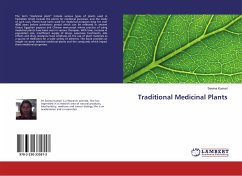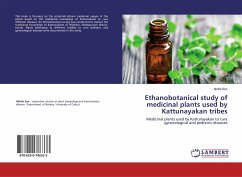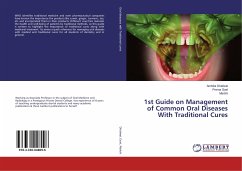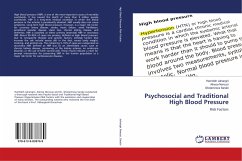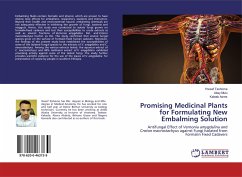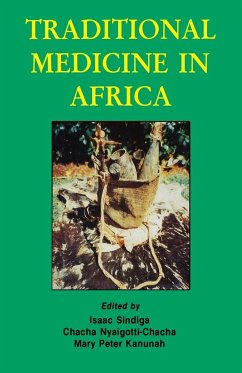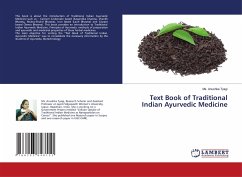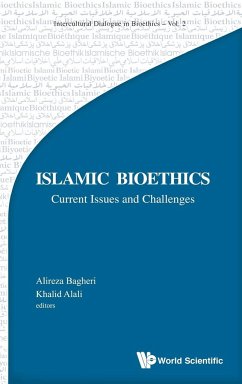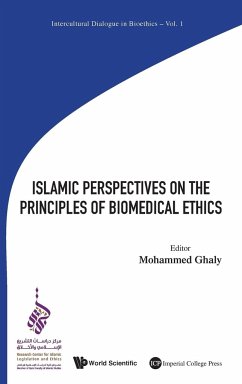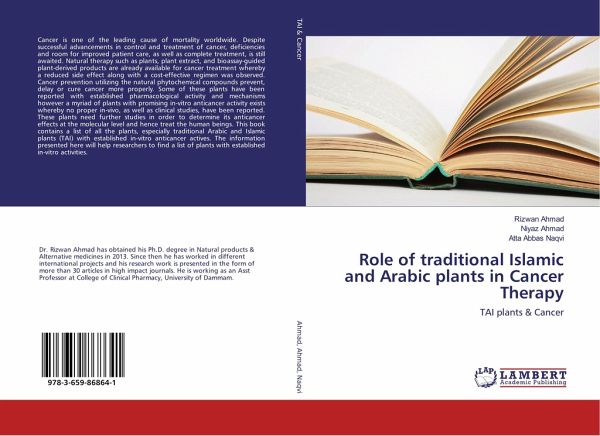
Role of traditional Islamic and Arabic plants in Cancer Therapy
TAI plants & Cancer
Versandkostenfrei!
Versandfertig in 1-2 Wochen
33,99 €
inkl. MwSt.

PAYBACK Punkte
17 °P sammeln!
Cancer is one of the leading cause of mortality worldwide. Despite successful advancements in control and treatment of cancer, deficiencies and room for improved patient care, as well as complete treatment, is still awaited. Natural therapy such as plants, plant extract, and bioassay-guided plant-derived products are already available for cancer treatment whereby a reduced side effect along with a cost-effective regimen was observed. Cancer prevention utilizing the natural phytochemical compounds prevent, delay or cure cancer more properly. Some of these plants have been reported with establis...
Cancer is one of the leading cause of mortality worldwide. Despite successful advancements in control and treatment of cancer, deficiencies and room for improved patient care, as well as complete treatment, is still awaited. Natural therapy such as plants, plant extract, and bioassay-guided plant-derived products are already available for cancer treatment whereby a reduced side effect along with a cost-effective regimen was observed. Cancer prevention utilizing the natural phytochemical compounds prevent, delay or cure cancer more properly. Some of these plants have been reported with established pharmacological activity and mechanisms however a myriad of plants with promising in-vitro anticancer activity exists whereby no proper in-vivo, as well as clinical studies, have been reported. These plants need further studies in order to determine its anticancer effects at the molecular level and hence treat the human beings. This book contains a list of all the plants, especially traditional Arabic and Islamic plants (TAI) with established in-vitro anticancer actives. The information presented here will help researchers to find a list of plants with established in-vitro activities.



